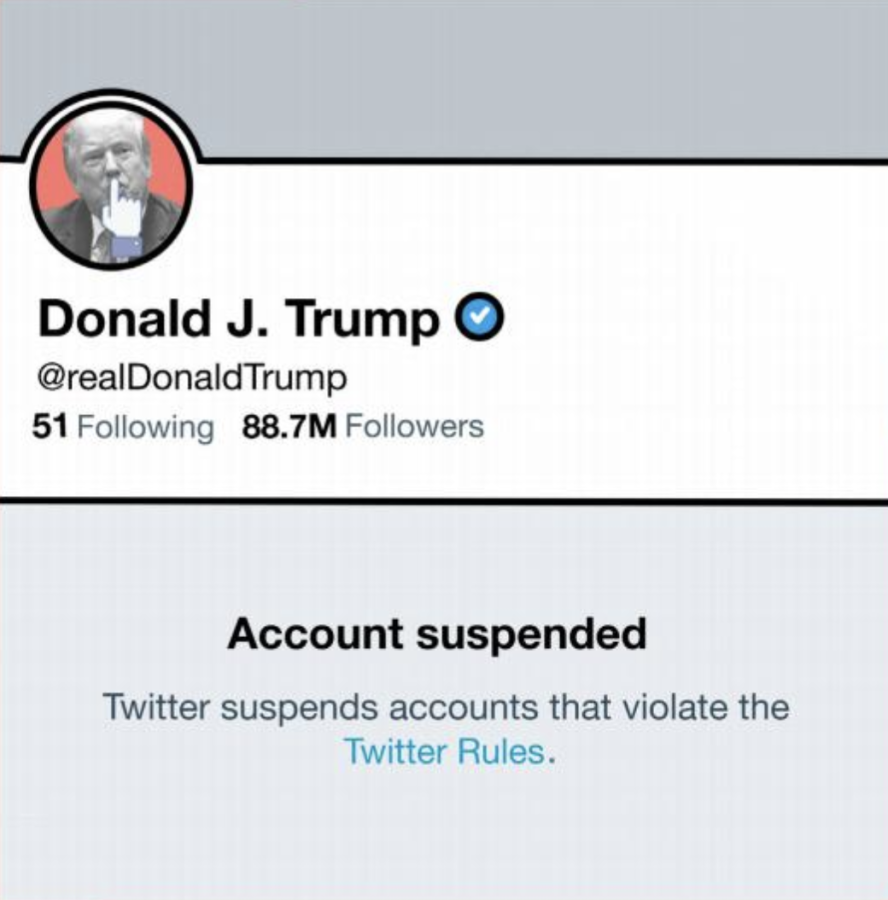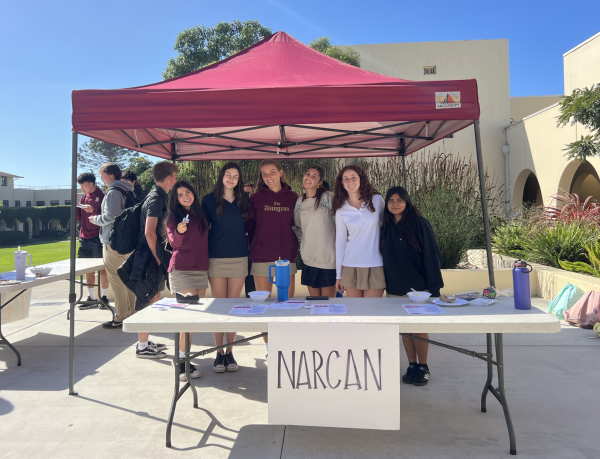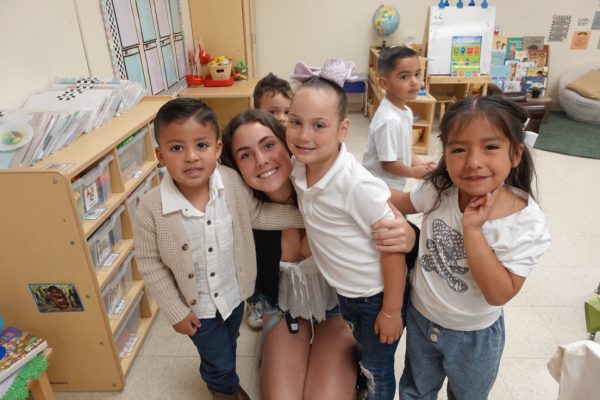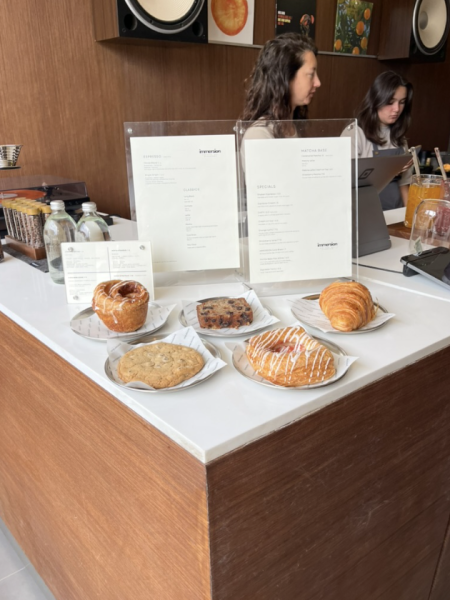Trump Trumped
A close examination of Trump’s social media ban and what it means
“The Day the Internet Turned on Trump.” “Trump Social Media Bans Come Too Late, Experts Say.” “Permanent suspension of @realDonaldTrump.” While Trump’s name echoes across headlines and social media feeds without an end in sight, his voice—for once—is not.
On January 6, a large crowd of Trump supporters violently stormed the United States Capitol in an attempt to overturn Donald Trump’s defeat in the 2020 presidential election. Clashing with police just as Congress convened to validate Joe Biden’s presidential win, rioters breached barricades and smashed windows to arrive in the building’s halls.
Several lawmakers, including members of the Republican Party, have condemned Trump for the violence in and around the Capitol. At the rally held in Ellipse park, critics have pointed out that the ex-president had persuaded his followers to go to Capitol Hill. He repeated his claims that the election had been “rigged” by “radical democrats” and the “fake news media,” pushing his supporters not to believe the results of the presidential election. Trump suffered backlash yet again when he shared a message on social media and seemed to justify the destructive mob’s actions while acknowledging his supporters, “I know your pain. I know you’re hurt. We had an election that was stolen from us.”
Following his last two tweets by Trump on the afternoon of January 8, Twitter suspended the former president from the platform, announcing their decision that same evening. The first tweet was concerning Trump’s supporters, while the second tweet indicated that Trump did not plan to attend Joe Biden’s inauguration. His first statement about American patriots implied that “he plans to continue to support, empower, and shield those who believe he won the election,” Twitter said. Trump’s other statement concerning the inauguration could be viewed as a further statement that the election was not valid. Many also perceived that the tweet could be construed as Trump asserting that the inauguration would be a safe target for violence because he would not be in attendance.
“After [a] close review of recent Tweets from the @realDonaldTrump account and the context around them—specifically how they are being received and interpreted on and off Twitter—we have permanently suspended the account due to the risk of further incitement of violence,” Twitter executives declared. The tweets infringed on the company’s policy against the glorification of violence, as the social media platform carefully explained the reasoning behind their decision.
It is not only Twitter that de-platformed the ex-president. Facebook, Snapchat, Reddit, and even Pinterest suspended Donald Trump’s appearance indefinitely. And with this, a question may arise in all of our minds: why now?
Over the preceding decade, technology sites have been hesitant to censor Trump’s posts, even as he frequently violated hate speech regulations. Before his presidency, Trump used Twitter to augment his discriminatory campaign asserting bold, false claims targeting groups of people and, at times, individuals. As president, he shared racist videos attacking Muslims on Twitter and Facebook to prevent Muslims from entering the US. Trump had also retweeted to his tens of millions of followers a video of his supporters shouting “white power” in June of last year. He appeared to promote violence against Black Lives Matter demonstrations in a message shared to various social media platforms that incorporated the phrase “when the looting starts, the shooting starts.” From his online presence, individuals can see that Trump’s rhetoric found an eager audience online. One that may not dissipate when his presidency concludes.
Professional opinions from specialists seem to be divided. For many, these social media bans were the right thing to do but done quite late. After all, the event has already occurred, and the Capitol has already been disturbed. “While I’m pleased to see social media platforms like Facebook, Twitter and YouTube take long-belated steps to address the ex-president’s continued abuse of their platforms to encourage discord and violence, these isolated actions are both too late and not nearly enough,” said Mark Warner, a Democratic senator from Virginia. “Disinformation and extremism researchers have for years pointed to broader network-based exploitation of these platforms.”
However, some professionals analyze the ban in a different light. “There isn’t a lot of regulation in this [online] space,” explained social media researcher Jennifer Grygiel. “So, we have a couple of laws that allow, essentially, platforms to moderate their content but also nothing really properly motivating them to make sure that they do it fast enough or that they run these companies in ways that are safe.”
Now, what does this mean for the future? Is this a turning point for social media regulations?
Many observe that the Trump ban has driven a global discussion around whether private companies should hold so much power over “free speech.” Others contemplate the difference between free speech and hate speech. “It was truly an unprecedented situation in US political history,” said Facebook’s Vice President of global affairs, Nick Clegg.
For Facebook, the board has 90 days to decide whether it thinks Facebook did make the right choice in suspending the ex-president in the fallouts of the Capitol attack. “If they have thoughts going forward about how and in what way we should be comporting ourselves in analogous situations in the future, it will be really interesting to hear,” Clegg says. Aside from the board’s significant resolution, Facebook has also asked its board to accommodate added guidance on implementing its policies toward political leaders’ diction in the future.
Through this ban, many problems and questions arise as people’s divided opinions search for an answer. Despite this issue’s intricacy, more information and actions will likely implement changes shaping our world for the long term.
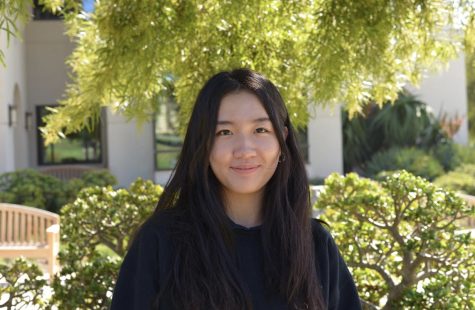
Crystal Li joined The Tower in her freshman year when she moved from Shanghai to San Diego in 2019. Now a senior, she fondly looks back on the four-year...


